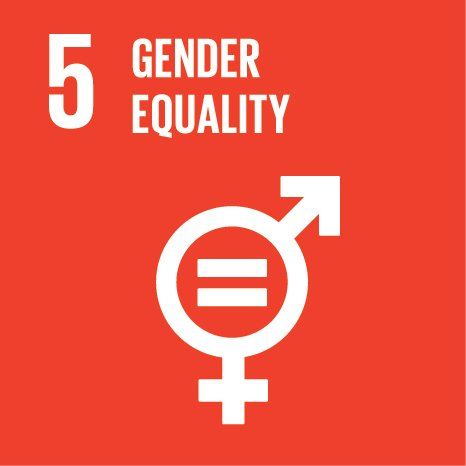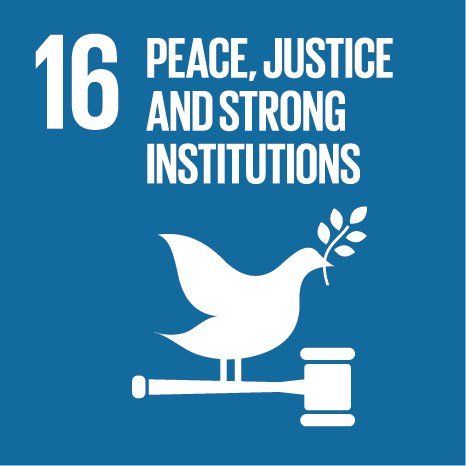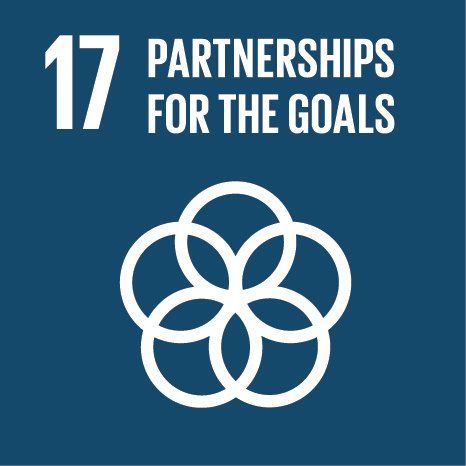Gender, Institutions and Governance
The burden of poverty is heaviest on the lives of women in rural Africa
More than 80% of farmers are women, more than 40% do not have access to education, and AIDS spreads twice as fast among uneducated girls. Many MPA interventions are designed to improve the lives of women, who spend their days walking long distances to fetch water and wood, cooking, and taking care of daily chores, leaving no time for education or gainful employment.
One basic measure to improve the lives of women is supplying long-lasting insecticide-treated bed nets. This is the simplest and most effective way to reduce the transmission of malaria, a disease to which pregnant mothers and children are especially vulnerable.
Perinatal care for pregnant mothers and babies at local hospitals and clinics is an essential part of healthcare in the Millennium Villages. In the poorest parts of Africa, almost half of all births take place without a skilled attendant and women have a 1 in 16 chance of dying in pregnancy or childbirth.
Increasing access to water by building boreholes, protecting springs, rainwater harvesting and installing pipes lessens the burden on women to walk many kilometers to retrieve it. New and improved cook stoves reduce the use of firewood and lessen emissions, which means girls don’t spend as much time collecting wood and have less risk of contracting respiratory illness from cooking.
Providing school lunches to increase attendance—especially that of girls—is an important step toward empowering women to become future community leaders, land owners and decision-makers in the household. Access to simple things like separate latrines for boys and girls and sanitary napkins, which cost as little as one dollar, allows pubescent girls to attend school without fear of embarrassment. Most rural schools have no sanitation and as a result, girls miss weeks, months or drop out altogether.
MPA pays an increased attention to local capacity building, including local planning as lack of sustainability is caused among other things by negligence of the incorporation of local institutions and organizations in the development processes as we have learned from the implementation of the MDGs and SDGs. Over the past decade, the concept of Institutional Development has become increasingly important in relation to sustainable development for MPA.
Hence, MPA develops new ICT-based planning and monitoring tools, baseline assessment and monitoring methodologies and technologies for planning, and implementation of local development and governance systems in to contribute to the achievement of the SGDs in Sub-Saharan Africa. MPA helps governments develop and institutionalize modern “real-time” tools for data gathering, aggregation, visualization and analysis for the planning and monitoring of territorial decentralization and decision-making. Furthermore, MPA has expertise in the nexus of sustainable investment and extractive industries to ensure that countries and communities benefit from the natural resources in the communities.






